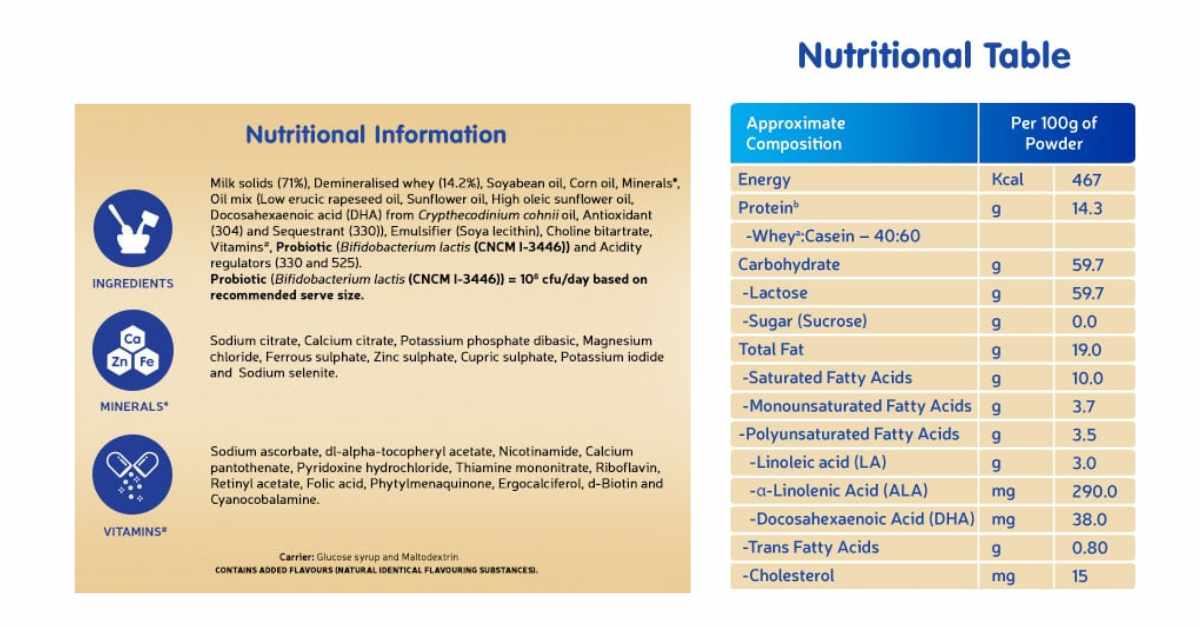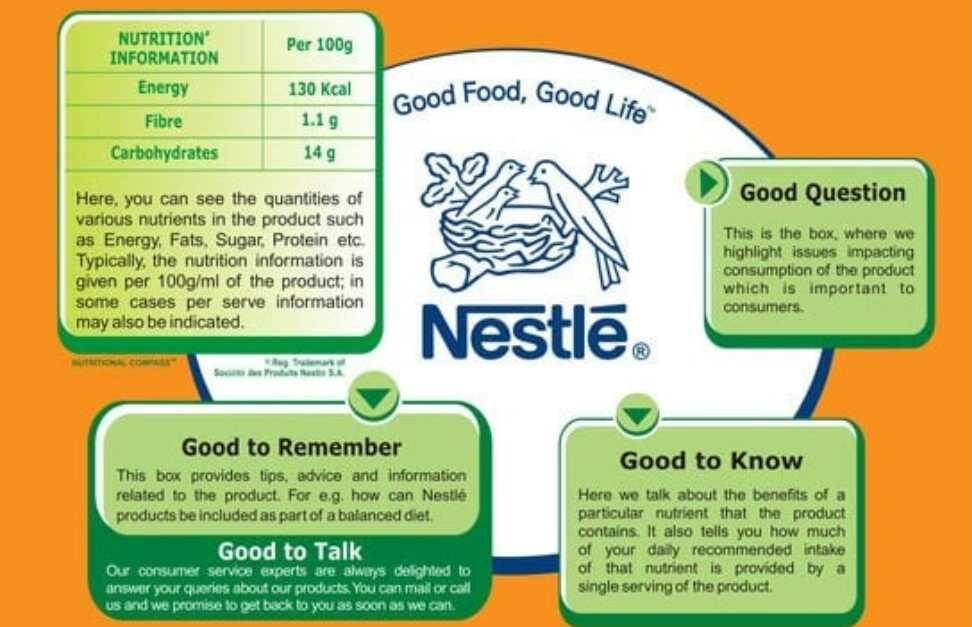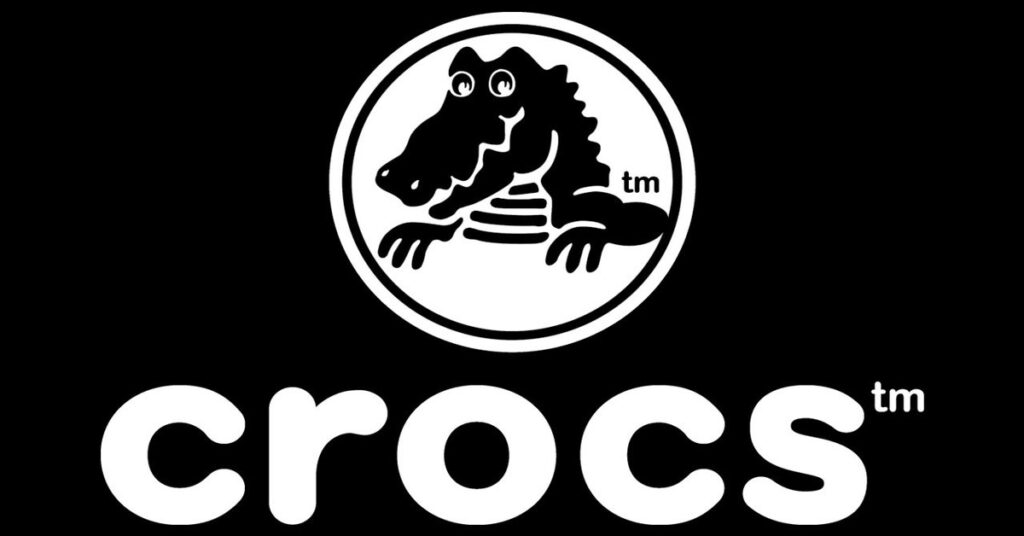F&B giant Nestle has emerged as the first company to disclose the nutritional value of its entire portfolio. It has been improving the nutritional content of its foods and beverages by lowering sodium, expanding offerings without sugar, and increasing its presence in plant-based.
In its sustainability report, Nestle highlighted its focus on improving the nutritional value of its products. The Switzerland-based company is continuously improving the nutritional profile of its products by adding more whole grains, proteins, and fibers while reducing sugars, sodium, and saturated fats.

Increasing Transparency
Nestle committed to increasing transparency of the nutritional value of its global portfolio in 2022. It benchmarked its offerings against the Health Star Rating (HSR) system, which assesses food based on attributes such as saturated fat, sodium, sugar, protein, and vegetables. Nestle aims to reduce sodium in frequently consumed products by 2025 and 2030. In 2022, Nestle Health Science announced it would reduce added sugar in its ready-to-drink and powder Carnation Breakfast Essentials brand by 25%. Moreover, it expanded the Natural Bliss creamer into plant-based milk with an offering that combines oats and fava beans.

HSR rates products on the energy, saturated fat, sodium, and sugar content on the downside, and fiber, protein, fruit, vegetables, nuts, and legumes on the upside. A spokesperson for Nestle said only 46% of the company’s F&B sales have an HSR rating of 3.5 or above. The spokesperson said Nestle will commit to setting a global target for the healthier part of its portfolio later this year. The company will complement this with more stringent responsible marketing practices, such as voluntarily restricting marketing to children under the age of 16.
Steps Taken Are Commendable

Holly Gabriel, the campaign lead for consumer health at ShareAction, a climate advocacy group, commended Nestle’s use of a government-backed, internationally recognized nutrient profiling model as a welcome step forward for the company’s transparency to investors and consumers alike. She acknowledged that Nestle has an outsized influence on what people eat and drink.
Mark Schneider, Nestle’s CEO, during the earnings call in February, said the company has made progress in regard to the reduction of sodium, sugar, and saturated fats. He added there are challenges to further improvements in some areas, particularly in indulgent offerings. “While the work goes on, there are limits. So enjoyment-related categories will not be turned into health-related categories.”

Nestle is very much committed to setting a global target for the healthier part of its portfolio. It will complement this with more stringent responsible marketing practices as well as nutrition education programs and services to help people enjoy all foods as part of a balanced diet.



